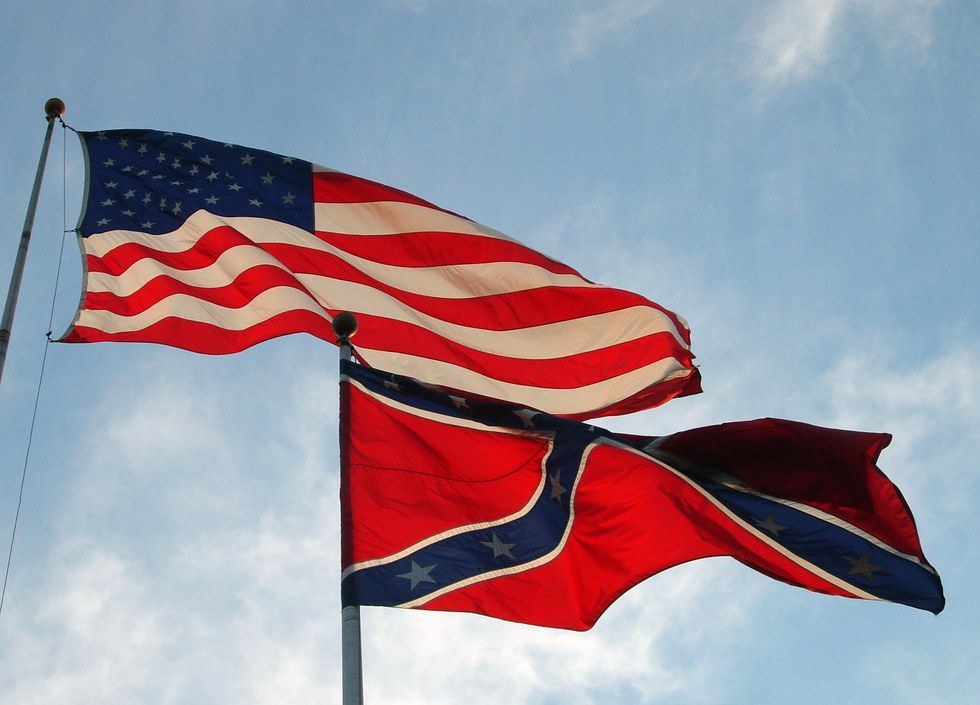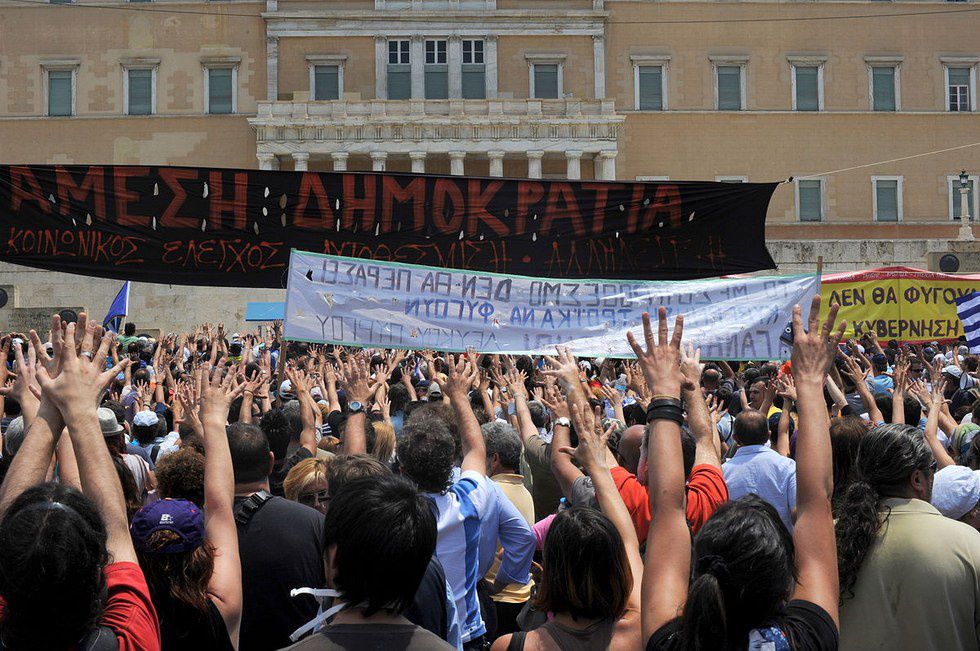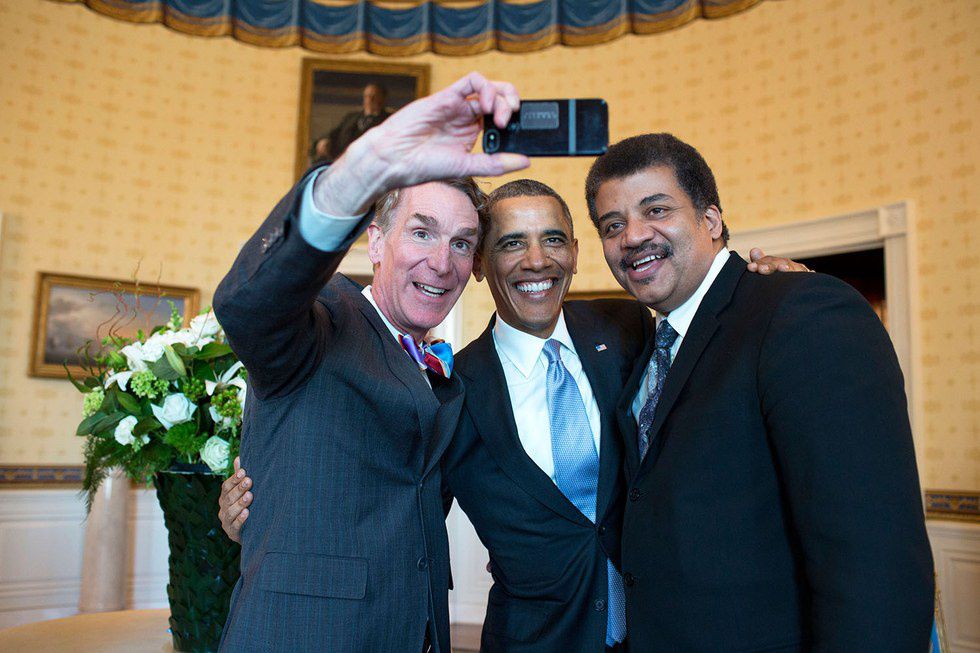1. Carolina shark attacks.
For those of us living in the south, cooling off in this heat is a necessity. Whether you’re from the coast or inland, if you have a car, chances are you’ll be taking at least one trip out to visit the ocean this summer. However, the recent shark attacks along the coast of the Carolinas may perturb even the most avid of beach goers. So far this year, 10 attacks in the area have been reported, and of those attacks, two resulted in missing limbs. Shark experts are at a loss as to the meaning of this spike in shark attack numbers, but it is thought to be due to recent drought conditions and warmer waters attracting sharks along the coast earlier than usual. My advice: Be very aware of your surroundings next time you take a dip. Shark attacks get a great deal of attention in the media even though they’re rare, but it’s better to be safe than bitten.
In other news, Discovery Channel’s annual Shark Week beings this week and continues through July 12. Coincidence? I’ll leave that up for debate.2. Continuing Confederate flag clashes.
Beginning with the recent Charleston Massacre, when a 20-year-old white supremacist named Dylann Roof opened fire at a Bible study in Emanuel AME Church mid-June, there has been uproar over the right to fly the controversial Confederate flag. Photos of Roof linking him to the flag surfaced not long after his imprisonment, and for the past few weeks advocates have been rioting against the right to fly the flag because of its racist connotations. Political debates have even stirred between South Carolina legislatures over the use of the flag at the South Carolina State House; some see it as a merely historical reference to the Civil War, but others link it to African-American discrimination and prejudice.
Major companies like Amazon and Walmart have begun to take items with Confederate flag images off the shelves to save face, and TVLand even pulled off "The Dukes of Hazard" reruns from the network because of the show’s iconic car depicting a Confederate flag roof. It seems like debates about the meaning of the flag and just exactly what to do about it will continue indefinitely.
3. What's happening in Greece?
You’ve probably heard Greece come up in the news more than a handful of times over the past two weeks. For those of you who aren’t politically savvy, here’s the gist of the story:
Greece’s economy has sunk further and further into a hole since 2009 due to unwise governmental decisions and plain bad luck. The country has been given huge loans, termed bailouts, by the European Union (EU) and Troika* to help stimulate the economy, but the loans were unsuccessful in improving the debt. These bailouts resulted in public resentment toward the Grecian government.
This year, Syriza, a radical political party, was voted into the government in the hopes of stirring some change into the legislation. The Syrizan leader, Alexis Tsipras, made a few too many promises during his campaign, including an anti-bailout agenda, that the newly elected government couldn’t live up to. When Tsipras declared the recent EU bailout would be extended, a collective, exhaustive sigh was heard across Greece.
On June 30, Greece additionally announced that it would not be able to make its International Monetary Fund (IMF) payment. This is a huge deal, as it’s the first time in history that a developed country has failed to pay back an IMF loan. Citizens are incredibly unhappy and protests in front of the Greek parliament have become daily occurrences.
New bailout terms were drawn up for Greece, but Greek citizens voted on the terms and the bailout was rejected. It's unclear what will happen to the country next; Greece may have to exit the European Union. Financial analysts continue to predict what this will mean for the country in the future.
*Troika is a financial committee made up of the IMF, the European Commission (EC), and the European Central Bank (ECB).
4. Political evolution of the selfie.
In this age of technology, the only way to prove to a friend – or possibly yourself – that any event has happened is to take a selfie. Because of this selfie phenomenon, presidential candidates campaigning for the 2016 election have found themselves the stars of thousands of Americans’ Instagram timelines and Snapchat stories this year, and there’s no end in sight. Selfies are the new handshake, it seems.
Though this compliance to participate in selfies and photo ops is great for politicians appealing to younger crowds, let’s hope they don’t forget to brush up on the classic meet and greet. Older voters don’t care to have their picture taken with a candidate. They want assurance that our country will be well taken care of after the turn in legislation. The selfie is a fun and flashy way to appeal to voters, but age-wise, the voters interested in selfies are the least likely to vote.

























